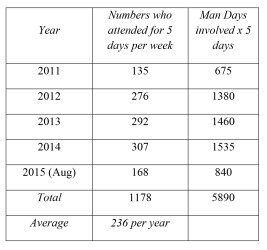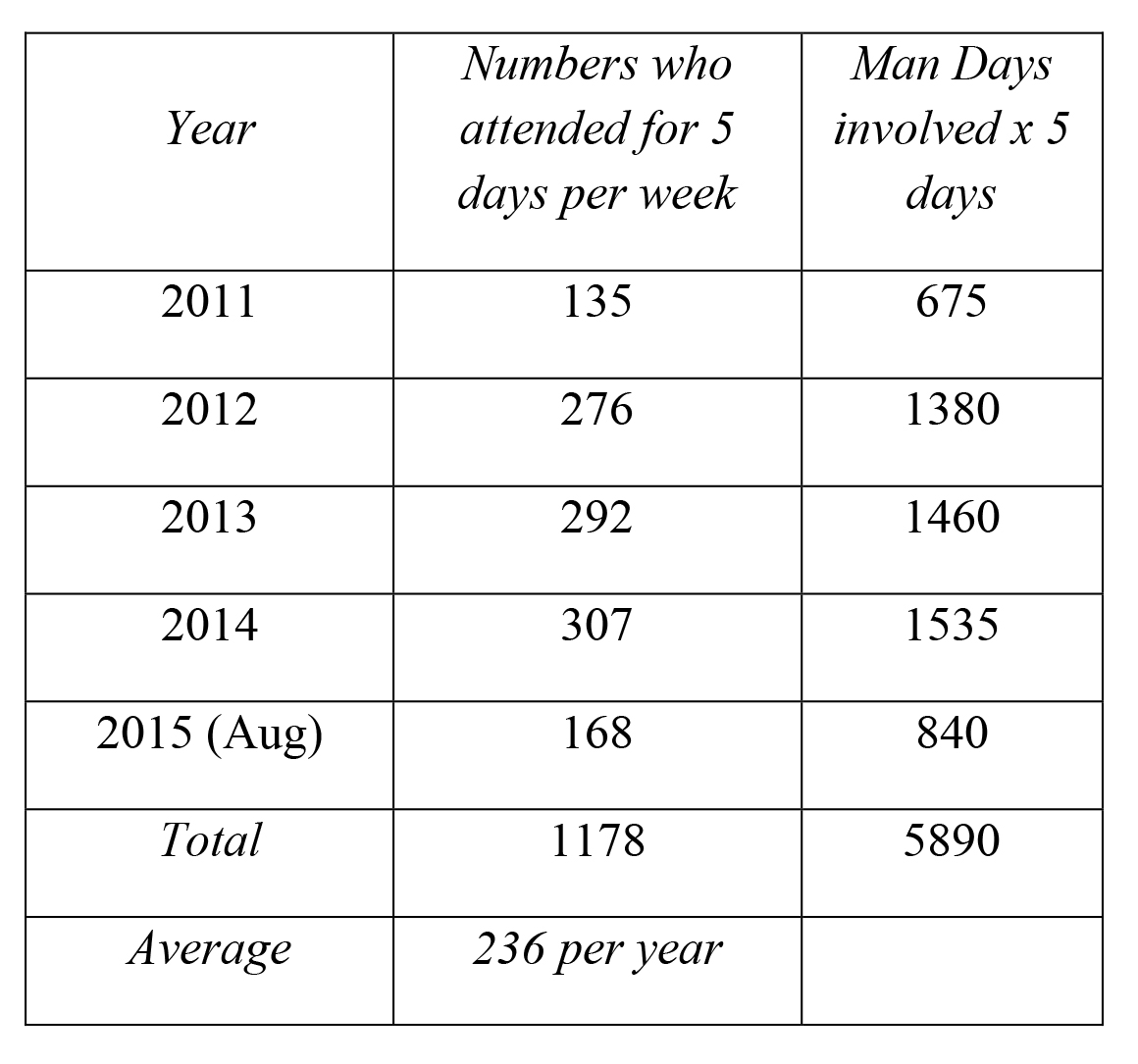Dear Editor,
Earlier reference was made to states of minds in which so many of us are locked so far as the transitioning of the industry is concerned, and the requirement for such an important business entity to respond to the realities of the global environment by which it is impacted in this 21st century.
However we as citizens may disagree on the way forward, it behoves us to reflect on the extent we are embedded in a tradition of customs and practices which reflect the prevailing psyche in the industry, and particularly that of the unions, perhaps moreso than that of the workers themselves, the demographics of which groups have been slowly, if not noticeably to most, changing.
For those interested inquirers it may not be inappropriate to quote the following excerpt from the Report issued by the Commission of Inquiry into the Sugar Industry of Guyana, pages 29-31.
“8.0 Training done at the GAWU Labour College
It seems that in recent years GuySuCo has ‘outsourced’ its responsibility for attitudinal and behavioural training among workers to the GAWU Labour College. This move appears to be in consonance with the tendency for the corporation to abdicate its primary responsibility for managing the industry or to seek refuge in deference to the growing ‘imbalance of power’ between the employer’s and the employees’ representatives. Since nationalization of the industry, the relative power relationship has shifted significantly in favour of the union. While it is unwise to pursue any temptation to engage in ‘power plays’, it is necessary that the primary relationship between the employer and the employee be preserved.
“8.1 The Table at 8.3 below shows the increasing numbers of employees being paid by GuySuCo to attend courses run by GAWU at their Labour College in Georgetown; this coincides interestingly, if not disturbingly, with the closure of GuySuCo’s Management Training Centre at Ogle.
“8.2 A review of the agenda/curriculum shown at paragraph 8.5 below shows a heavy focus on philosophical and historical justification for trade unionism, ideological orientation to Marxism and Leninism and similar conceptual and organizational issues in pursuit of bolstering the Trade Union. Other items have no direct or indirect relevance to the interest of GuySuCo, save and except a couple of hours out of the five day program when GuySuCo staff talk about work standards and quality control. Very little or only tangential consideration and concern is reflected for the running of an efficient, productive and profitable enterprise; substantially more is done to ensure the continued growth and influence of the Trade Union at GuySuCo’s expense. Nothing is wrong with the Union running these courses for their benefit, but why must GuySuCo foot the bill especially at a time when its very survival is at stake and there is no indication of any tangible initiative or effort on the part of the Union to stop, let alone reverse the hemorrhaging of the industry.
“8.3 Workers Attendance at GAWU Labour College (2010 – 2015)

“8.4 Costs to GuySuCo:
GuySuCo pays each worker their average day’s pay for each day of the course. Using an average of $3,000 per worker per day the total cost to GuySuCo for the 2011-2015 (Aug) period so far is almost $18M. The annual average cost to GuySuCo for the courses is estimated at $3,540,000.
Of course for the most recent year (2014) the cost was considerably more, approximately $4,605,000 which means that for 2015 it could go up to $5M.”
“Typical Agenda/Curriculum for a 5-days Course for Estate Workers includes the following samples:
– “GAWU/GuySuCo Labour Agreements
– Courtesy visit to Cheddi Jagan Research Centre (Red House)
– Film Show: Workers struggle/Thunder in Guyana
– GAWU emergence and highlights of its struggles
– The importance of Ideology and Marxism-Leninism as the ideology of the Working Class
– Strengthening the Unions’ Organizational Structure
– Capitalism-Imperialism-Globalization
– Class Struggle and the Development of Society”
There is more of course, including an item which requires GuySuCo’s representatives to dilate on “GuySuCo Corporate Issues”
The foregoing recital should provide reflective minds with food for thought, contemplating, as they must do, how such an explicitly anachronistic mindset can be converted into a more positive approach to contributing to the viability of a business that must comply with current international demands. Questions must be asked about the relevance of a philosophy long forsaken by the countries which initially promulgated it, and have since aggressively transitioned to such a market-oriented posture, which even in this very country their governing inheritors embrace, much to the exclusion and expense of active unionism – albeit with the connivance of those who propel the very altruism in our local industries, pre-eminently including GuySuCo.
The research into such a substantive contradiction must be the pre-requisite to finding right and balanced answers for the salvation of the national dilemma that is our sugar industry.
In the meantime one clear indicator is that the employer must engage more proactively with its first public – its employees.
Yours faithfully,
E B John





